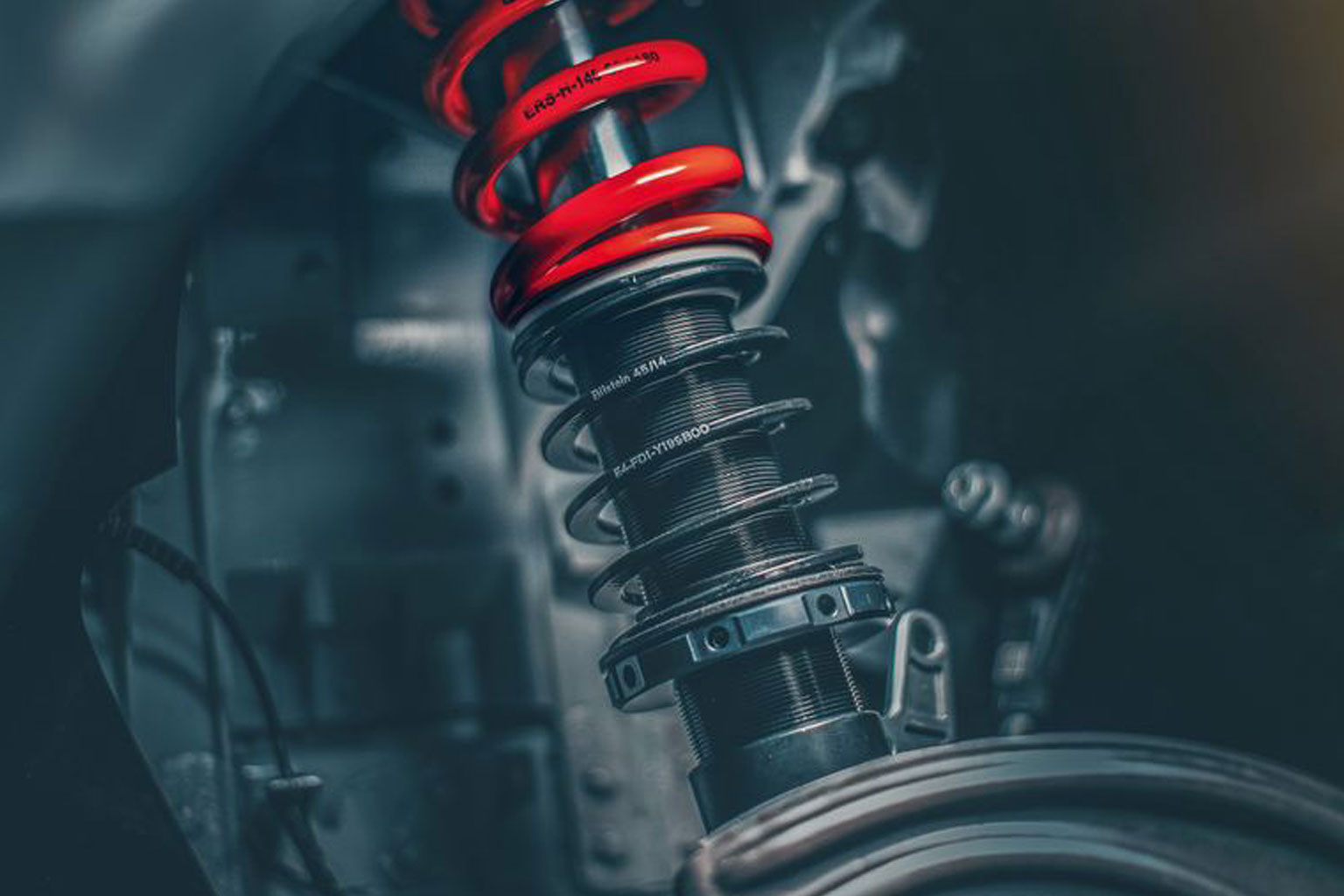

| December 01, 2021 |

In the field of automotive, activated carbon may seem an abstruse piece of science but it is a promising technology for new applications in vehicle safety, comfort and acoustics.
Activated carbon is formed by subduing organic carbon matter like coal dust and sawdust to superheated steam and chemicals. This leads to the creation of a dense network of microscopic pores which can vary presenting differing adsorption characteristics. These can be tuned to many distinctive applications.
Activated carbon’s novelty is in its effect on the mechanical behaviour of the air surrounding it. This increases the volumetric capacity of a container because activated carbon changes how closely air molecules can pack together. Activated carbon can adsorb a greater volume of air than the space it occupies as the air inside is compressed and pressurized.
“This means that the stiffness of the pressurized air increases more gradually and linearly, not exponentially as it does in a container without activated carbon as such it is ideal for vehicle air springs.” said John Coakley, Carbon Air’s chief technology officer in an interview with SAE International. He said the company aims to leverage this with partnerships and broader applications including the benefits of ride-height control, preemptive intelligent autonomous vehicle (AV) chassis subtlety, noise absorption, seat comfort and high-quality infotainment audio.
To change the behaviour of the air in air springs, Carbon Air’s air suspension technology uses activated carbon enabling a more compact and cost-effective air suspension option for vehicles. The technology is also claimed to improve the ride over a wider range of conditions than can be achieved using conventional air springs and reduce spring stiffness by 50% and. According to Carbon Air, activated carbon inside air springs can deliver a more linear response to improve ride performance within a more compact package.
Carbon Air is collaborating with car, motorcycle and mountain bike manufacturers on new designs and applications in air springs, gas dampers, forks and shock absorbers. The company is also working on solutions for air-sprung seats in buses, trucks and trains to reduce driver stress and fatigue.
The baseline of Carbon Air can be traced back to a PhD student at the University of Salford, Manchester, England. The student found the claims by a loudspeaker company to be valid that activated carbon in one of its speaker cones provided a deeper, richer sound. The activated carbon was placed inside the rear volume of the loudspeaker, changing its behaviour.
Enter your email address to subscribe to this.
Categories